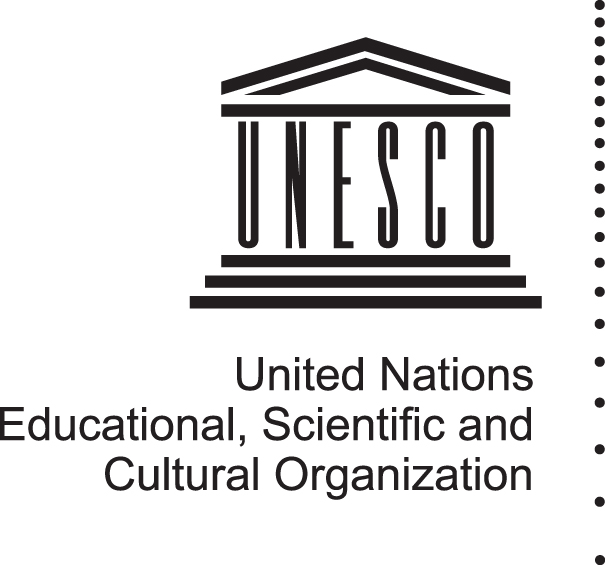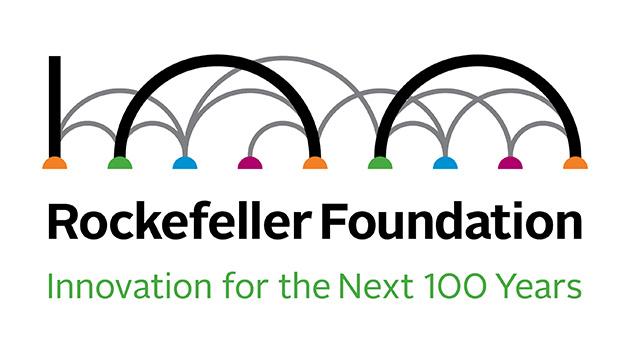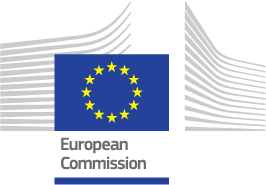Organized by Unesco

In 1945, UNESCO was created in order to respond to the firm belief of nations, forged by two world wars in less than a generation, that political and economic agreements are not enough to build a lasting peace. Peace must be established on the basis of humanity’s moral and intellectual solidarity.
UNESCO strives to build networks among nations that enable this kind of solidarity, by: (1) Mobilizing for education: so that every child, boy or girl, has access to quality education as a fundamental human right and as a prerequisite for human development. (2) Building intercultural understanding: through protection of heritage and support for cultural diversity. UNESCO created the idea of World Heritage to protect sites of outstanding universal value. (3) Pursuing scientific cooperation: such as early warning systems for tsunamis or trans-boundary water management agreements, to strengthen ties between nations and societies. (4) Protecting freedom of expression: an essential condition for democracy, development and human dignity.
UNESCO is known as the “intellectual” agency of the United Nations. At a time when the world is looking for new ways to build peace and sustainable development, people must rely on the power of intelligence to innovate, expand their horizons and sustain the hope of a new humanism.
Supported by the Rockefeller Foundation

For more than 100 years, The Rockefeller Foundation’s mission has been to promote the well- being of humanity throughout the world. Today, the Foundation pursues this mission through dual goals: advancing inclusive economies that expand opportunities for more broadly shared prosperity and building resilience by enabling people, communities and institutions to be prepared for, withstand, and emerge stronger from shocks and chronic stresses.
The Foundation has a history in catalyzing and supporting breakthrough innovations and transformations, from launching the field of public health to developing a vaccine for yellow fever to sparking the Green Revolution and, more recently, accelerating the fields of impact investing and urban resilience. It has also long been a backer of brains, recognizing genius with grants and fellowships to take their work to new levels. As of 2012, at least 221 Nobel Prize Winners received support from the Rockefeller Foundation or its sister philanthropies. It operates both within the United States and around the world, providing approximately $140 million in grants per year.
Hosted by the European Commission's Joint Research Centre

As the European Commission’s in-house science service, the Joint Research Centre's mission is to provide EU policies with independent, evidence-based scientific and technical support throughout the whole policy cycle. Its work has a direct impact on the lives of citizens by contributing with its research outcomes to a healthy and safe environment, secure energy supplies, sustainable mobility and consumer health and safety.
The JRC draws on over 50 years of scientific work experience and continually builds its expertise based on its seven scientific institutes, which host specialist laboratories and unique research facilities. They are located in Belgium (Brussels and Geel), Germany, Italy, the Netherlands and Spain.